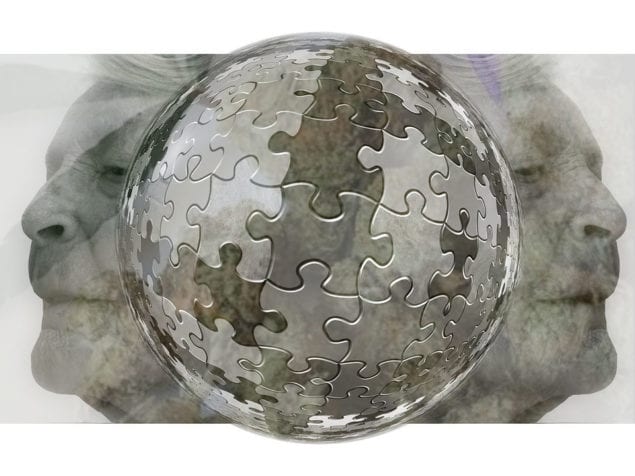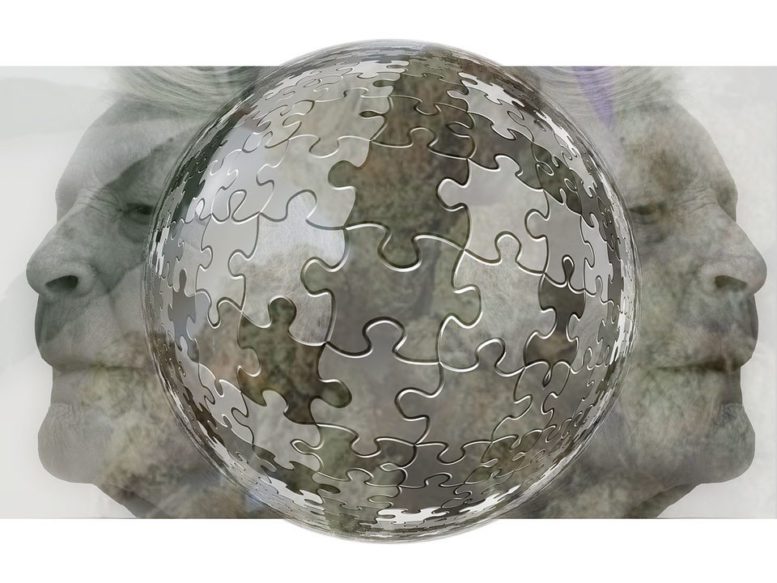Republished with permission from The Weed Blog; Read the original article HERE.
As research uncovers more and more health benefits of cannabis, it is clear that the stigma of cannabis use is steadily falling away, a fact which is reflected in the increasing use among the senior population. One study found that between 2006 and 2013, rates of cannabis use in people age 50 to 64 increased by 60 percent, while use among those over 65 increased by a whopping 250 percent. In light of recent research, this could be greatly beneficial for those in this age range – a new study reveals that cannabis can reverse brain aging.
One of the most noticeable symptoms of brain aging is degrading memory performance. And, while a decrease in cognitive functionality is expected with aging, more alarming symptoms could signal the onset of dementia, a devastating condition that greatly reduces a person’s quality of life due to its impact on memory, awareness, and mood; in fact, many seniors with dementia require a caretaker to help carry out daily activities. Furthermore, Alzheimer’s, a type of dementia, is the 6th leading cause of death in the United States.
Studies with Mice
Scientists at both the University of Bonn and the Hebrew University of Jerusalem administered a low-dose but long-term course of THC to aging mice. After performing cognitive tests, the animals exhibited stronger readings in mental performance, their overall brain structure even appearing closer to that of younger mice.
Researchers also discovered that mice who do not have any functional THC receptors in their brain experience cognitive decline at a much greater rate. Many of the chemicals in cannabis occur naturally in the body, therefore, these findings show that the internal cannabinoid system and presence of THC are important for preserving brain health, and that potentially cannabis can help reverse brain aging.
Essentially, experts deduce that age-related cognitive decline is partially due to the weakening of the body’s internal cannabinoid system, but by introducing external cannabinoids through different forms of cannabis, this treatment can essentially reverse symptoms of cognitive decline.

Implications for Preventing Cognitive Decline
For the purposes of the study, researchers made sure to administer a small dose to the mice – low enough to prevent intoxication, but high enough to have significant effects on memory. Furthermore, this information points to low doses of cannabis having a similar positive impact on human memory. But, does this necessarily mean seniors should start using cannabis?
At this time, the jury is still out on whether this study actually means anything for humans. In the future, the authors of this study are hoping to conduct a human clinical trial to substantiate this theory. Until then, you shouldn’t expect cannabis to be prescribed to seniors with memory issues right away.
Nevertheless, there is still a great chance that a low-dose cannabis regimen could at least help maintain senior brain health. So, if you’re an older citizen and you choose to use cannabis for health reasons, go ahead. Just don’t expect miracles (yet).
While it is still uncertain to what extent cannabis can reverse brain aging in humans, feel free to take advantage of its other proven benefits, such as relief for chronic anxiety, insomnia, and pain. It can also be implemented into a treatment plan for certain medical conditions, like Parkinson’s Disease and epilepsy.
McKenzie is a media relations specialist for the Medical Marijuana Treatment Clinics of Florida. In her spare time, she takes a special interest in health and fitness, including alternative treatments to common ailments.







